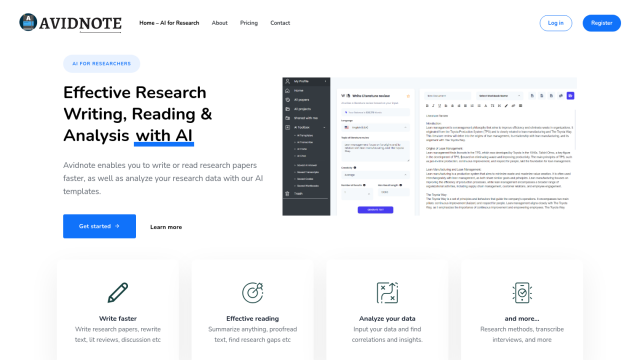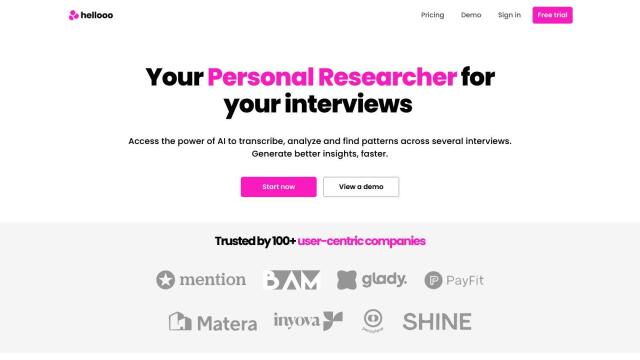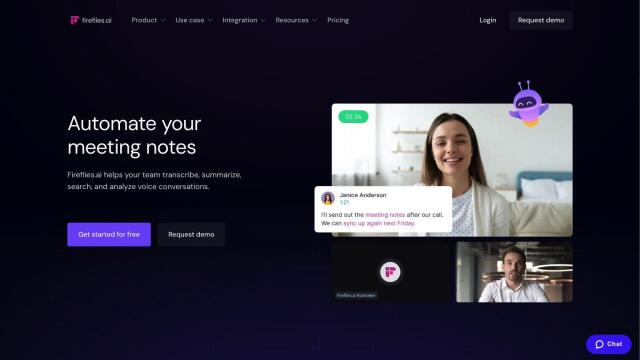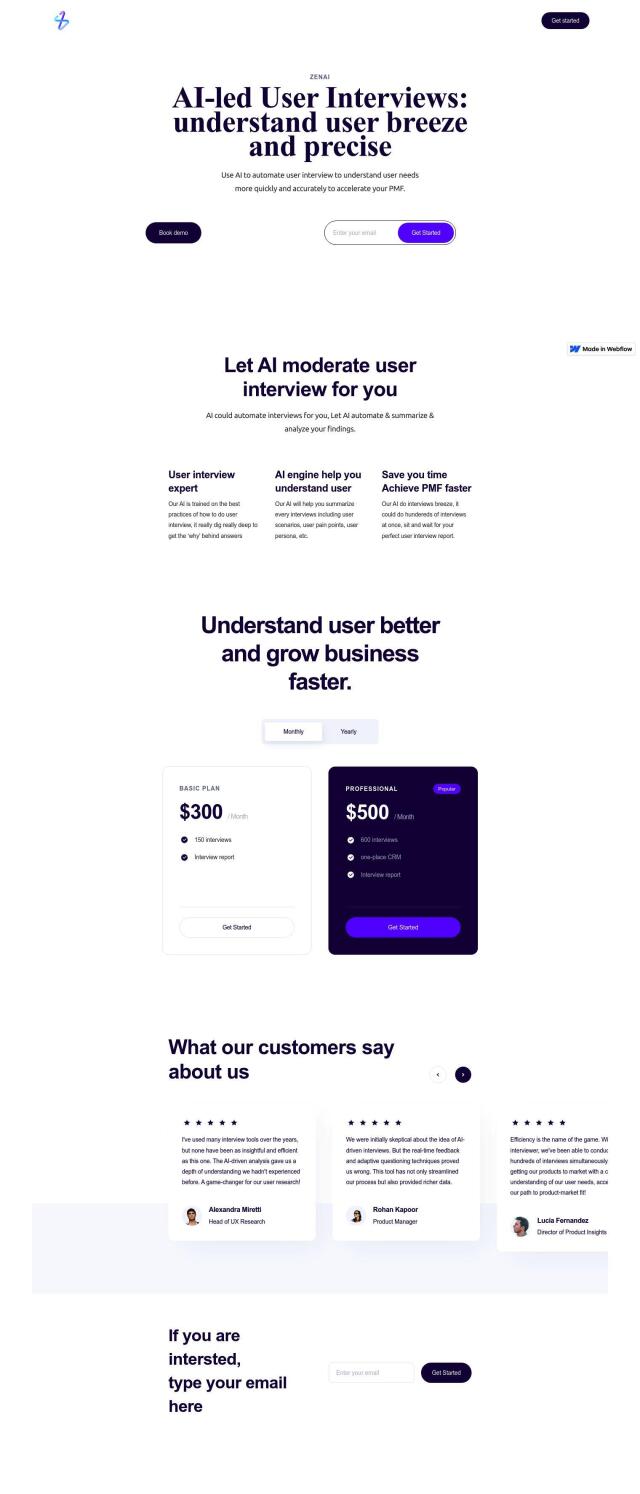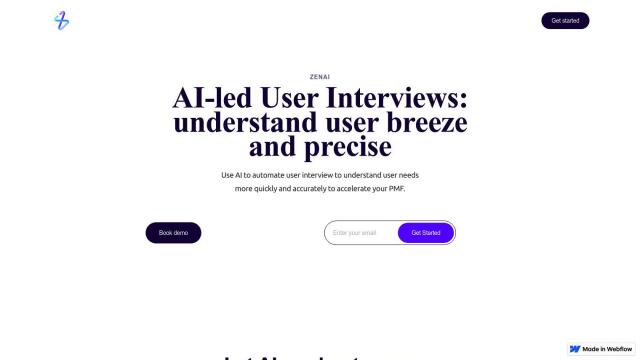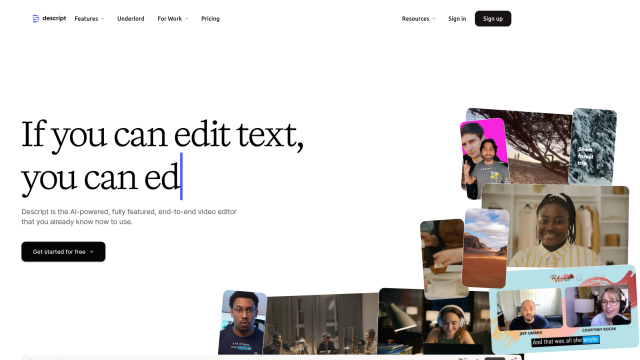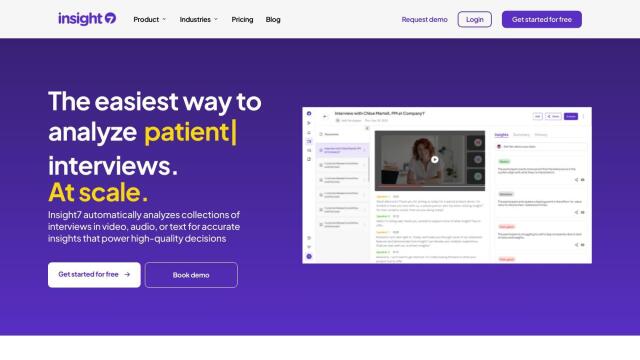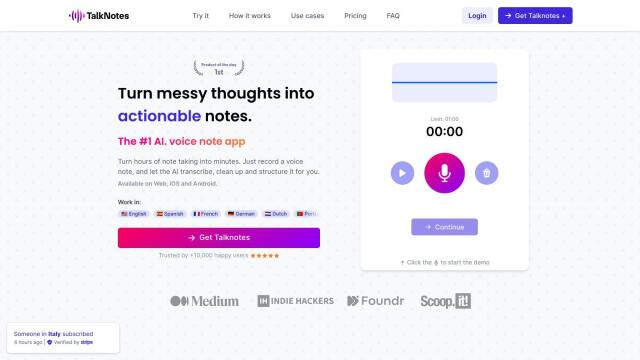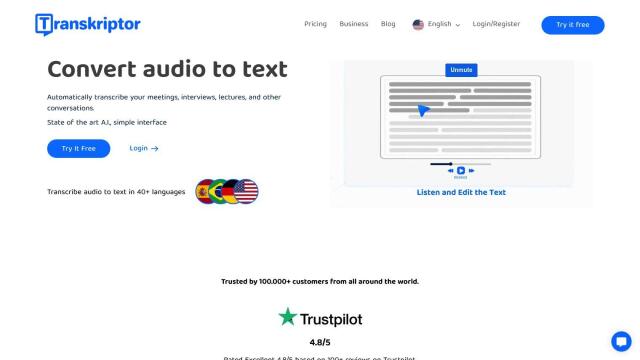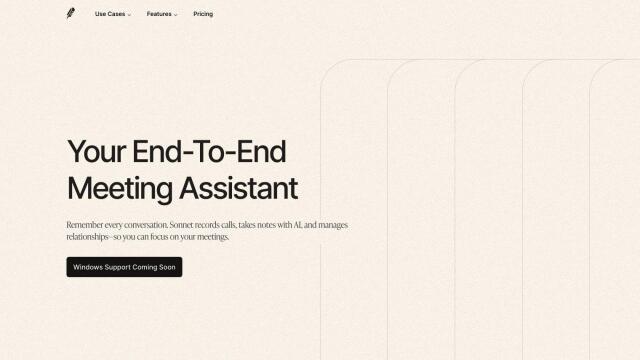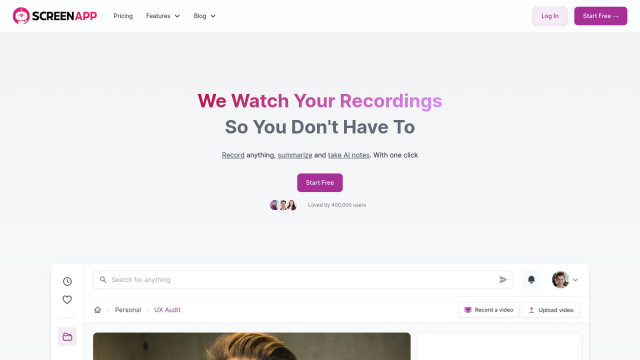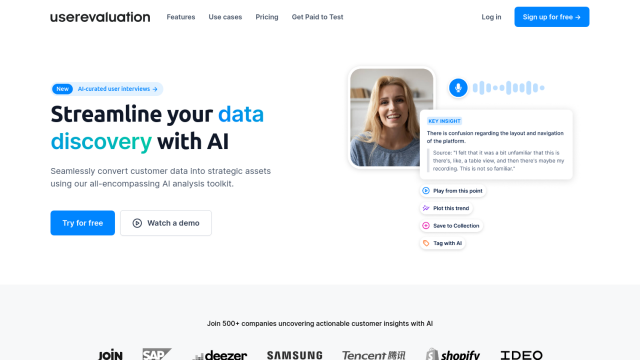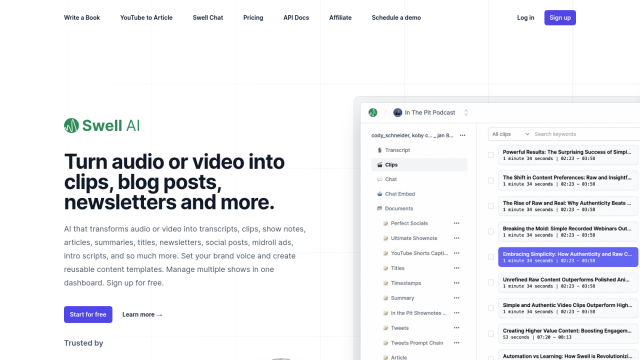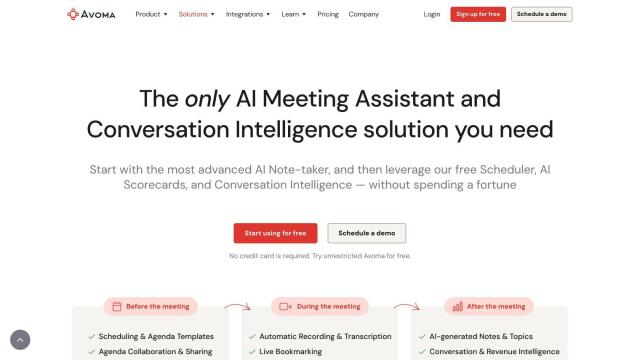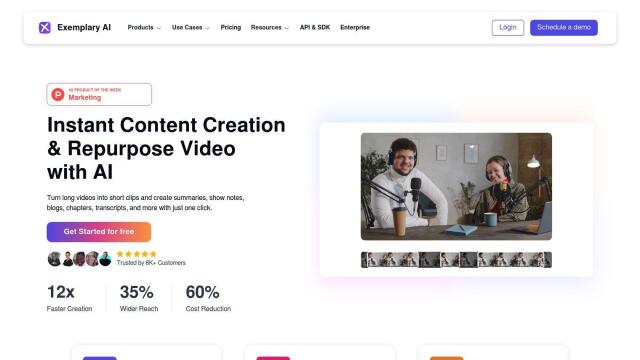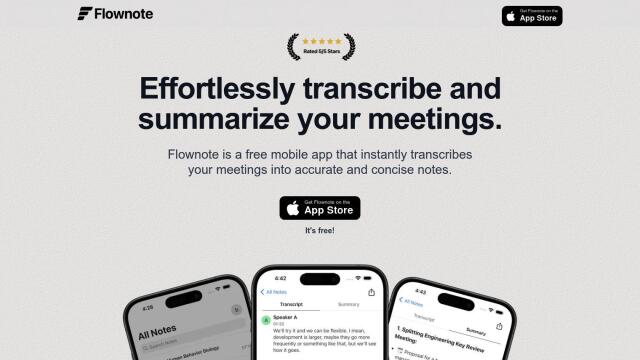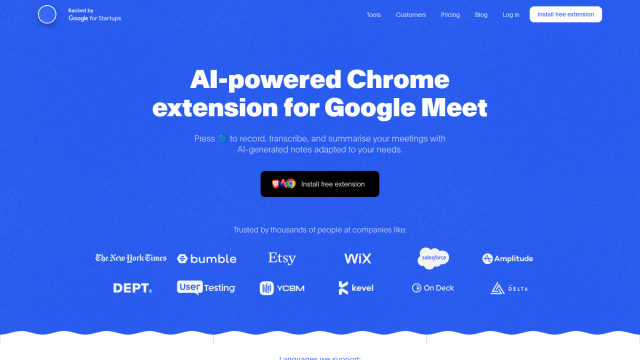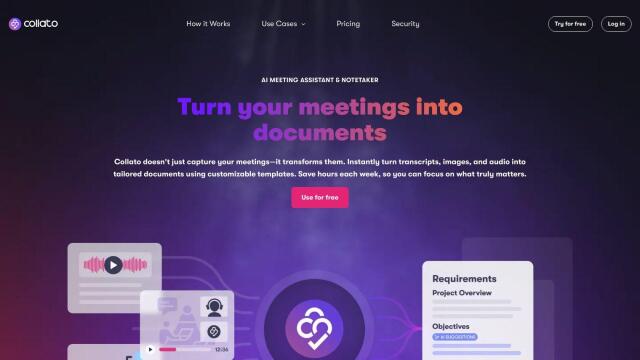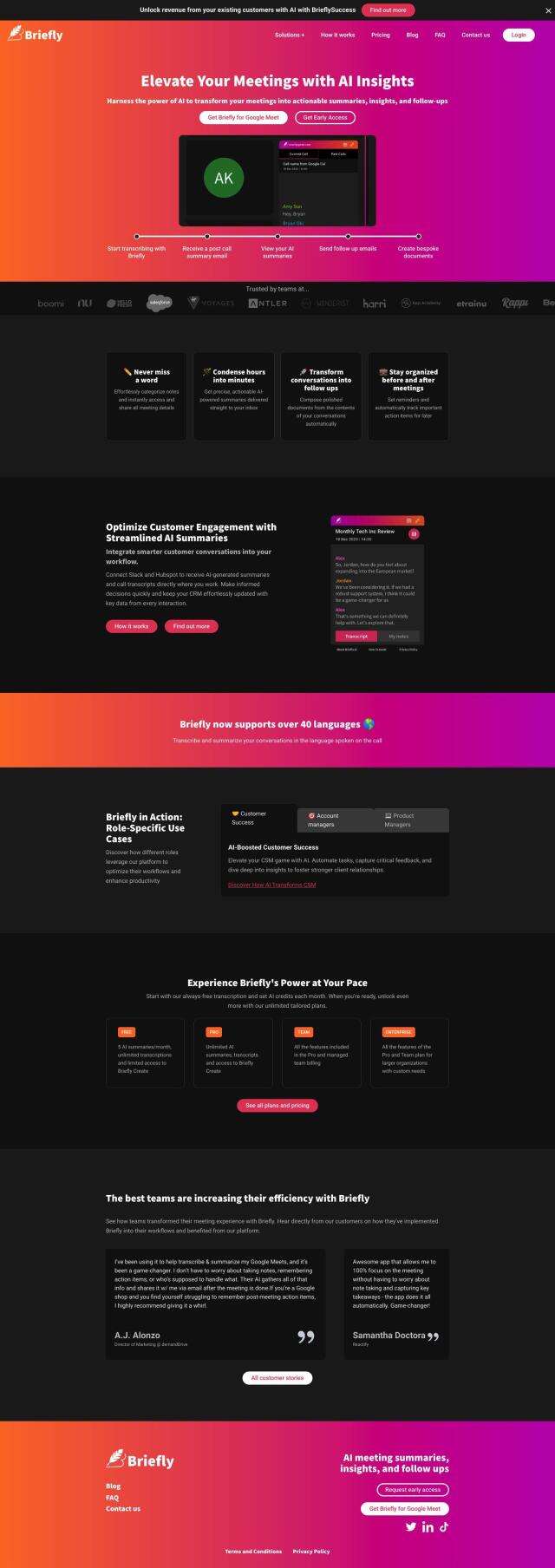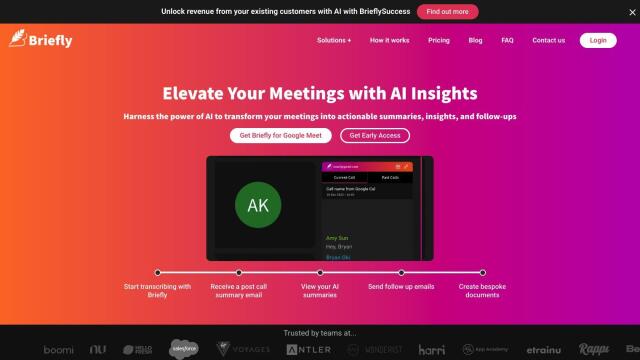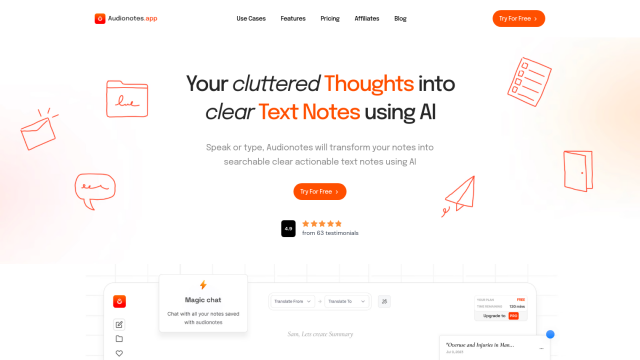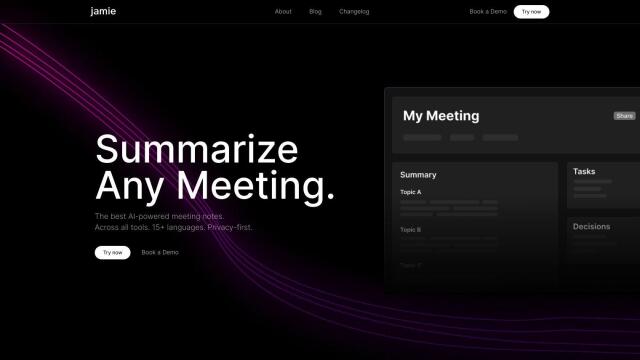Question: Can you recommend a tool that automates note-taking and transcription for user research interviews?

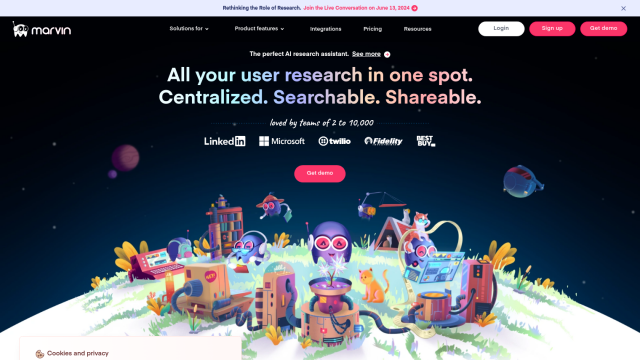
Marvin
If you need something to automate note-taking and transcription for user research interviews, Marvin is a great option. The platform houses user interviews, transcripts and notes in one place so teams can easily find and analyze research data. Marvin can transcribe in more than 40 languages, add timestamped notes, video clips and highlight reels, and has powerful tagging and analysis abilities. It also integrates with tools like Zoom, Notion and Google Sheets, and is HIPAA, GDPR and SOC2 compliant.

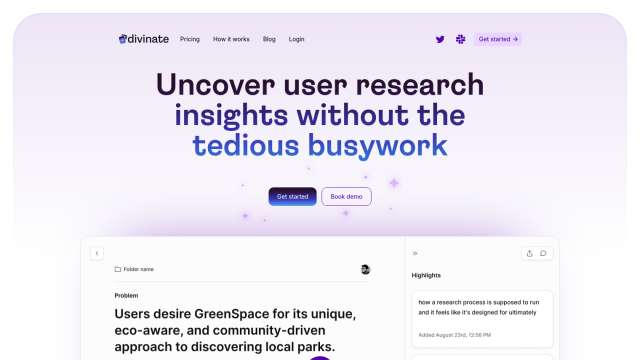
Divinate
Another good option is Divinate, which is geared to make the otherwise laborious process of transcribing and tagging feedback from user research sessions easier. It records and transcribes feedback, automatically tags and surfaces insights, and lets you share results with reports. Divinate is good for product development, customer research and UX design, and has a variety of pricing options, including a free trial, so it should accommodate teams of different sizes and needs.

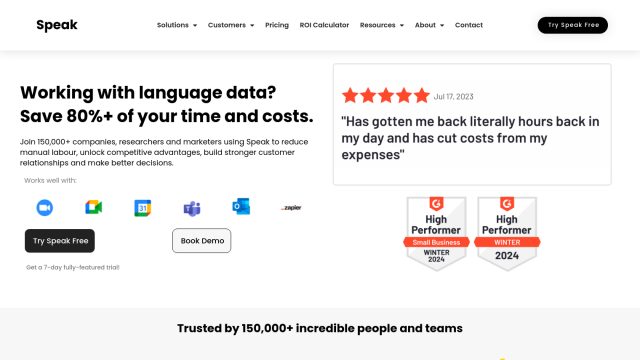
Speak
If you're looking for something more general purpose, check out Speak. The tool is good for a variety of tasks, including audio and video transcription, meeting help, survey data analysis and qualitative research support. Speak integrates with Zoom and Microsoft Teams, transcribes in more than 70 languages, and has flexible pricing. Its interface is easy to use, and its customer support is well reviewed, so it's a good option for market researchers, qualitative researchers and academic researchers.

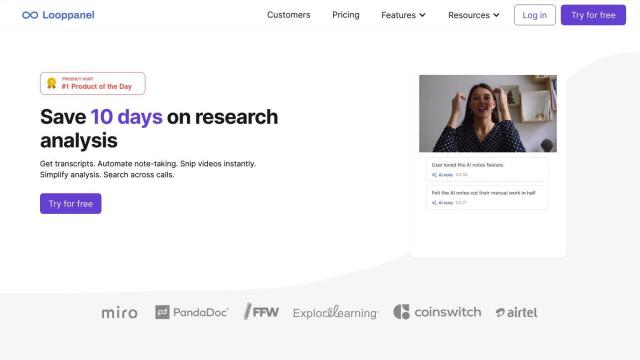
Looppanel
If you're an academic researcher, Looppanel could be a good option. The tool uses AI to help you analyze qualitative research, offering accurate transcripts in eight languages and live note-taking abilities. It also offers features like AI-generated notes and sharable insights, and it protects data with SOC2 Type II and GDPR compliance. Looppanel is good for researchers, product teams and larger companies that want to improve collaboration and get more out of qualitative data.

